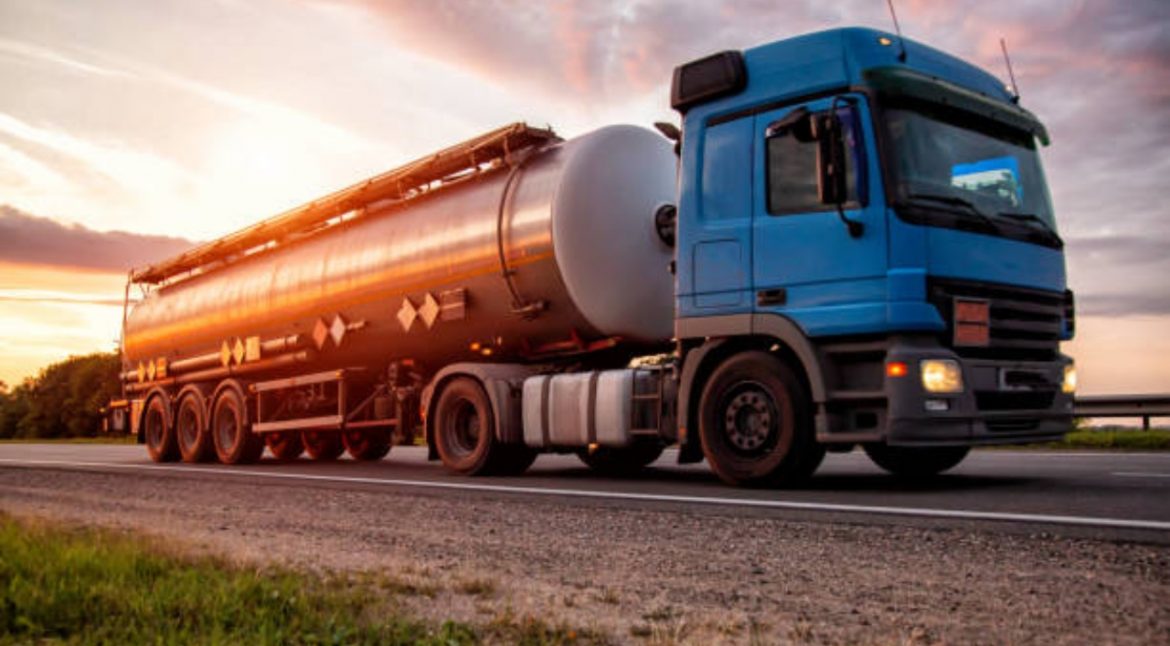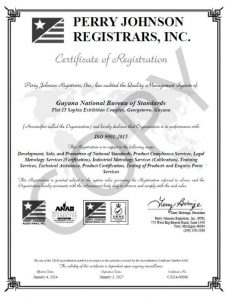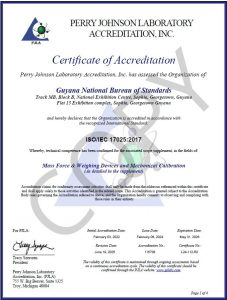The safety, accuracy and reliability of tanker wagons are crucial for transporting bulk fuel from terminals to gas stations and other customers countrywide. To ensure the highest standards are met, it is imperative that all tanker wagons be verified by the Guyana National Bureau of Standards (GNBS) in accordance with the 1981 Weights and Measures Act. Further, as the National Measurement Institute (NMI), the GNBS is responsible for maintaining and enforcing measurement standards that safeguard the public, protect the environment, and promote fair-trade practices.
Owners of these vehicles are encouraged to obtain a copy of the National Standard – GYS 512-2016 – “Requirements for the transport of petroleum and petroleum products by road tanker wagons” from the GNBS. According to the document, a tanker wagon is defined as a composite unit consisting of a propelling motor and cab together with one or more tanks fixed to a chassis such that bulk transportation of petroleum can be done.
Tanker wagons transport petroleum products including gasoline, diesel and kerosene from the main bulk fuel terminals to gas stations and other customers countrywide. These tankers are either owned by the main distributors of fuel or by private fuel dealers, including proprietors of gas stations.
In the first half of 2024, the GNBS successfully verified a total of 126 tanker wagons and has commenced verification for the second half of the year. These tanker wagons are verified initially when imported into Guyana and subsequently done on a yearly basis to facilitate the renewal of licenses from the Guyana Energy Agency (GEA). GNBS Inspectors and Weights and Measures Officers conduct verification of Road Tanker Wagons (RTWs) to determine the carrying volume of each compartment. Notably, compartments should not retain more than two litres of fuel when drained. Checks are also made to the integrity of internal and external valves.
An accident that alters the tanker wagons’ volume or fixtures also requires verification. The National Standard requires the GNBS to inspect and retest the tanker before use if it has dents, corrosion or leakages, has been in an accident, has been out of service for over a year, or has not been used safely. The specification requires internal inspection, lining inspection, pressure, leakage and thickness test requirements.
The National Standard also covers general safety and accident-reduction design. Safety equipment including fire extinguishers, warning signs, placards, and illumination are listed. Additionally, due to the flammability of the materials being transported, tanker wagon operators must receive first aid and firefighting training on loading and offloading. Further, a contingency plan is also required.
Owners and operators of RTWs should acquire a copy of this National Standard and take the necessary steps to meet its requirements to limit the risk of verification and inspection failure. They are also encouraged to regularly inspect and maintain their equipment to ensure safety, environmental preservation, regulatory compliance, and public trust.
For further information, please contact the GNBS on telephone numbers: 219-0065, 219-0066 or WhatsApp: 692-4627






